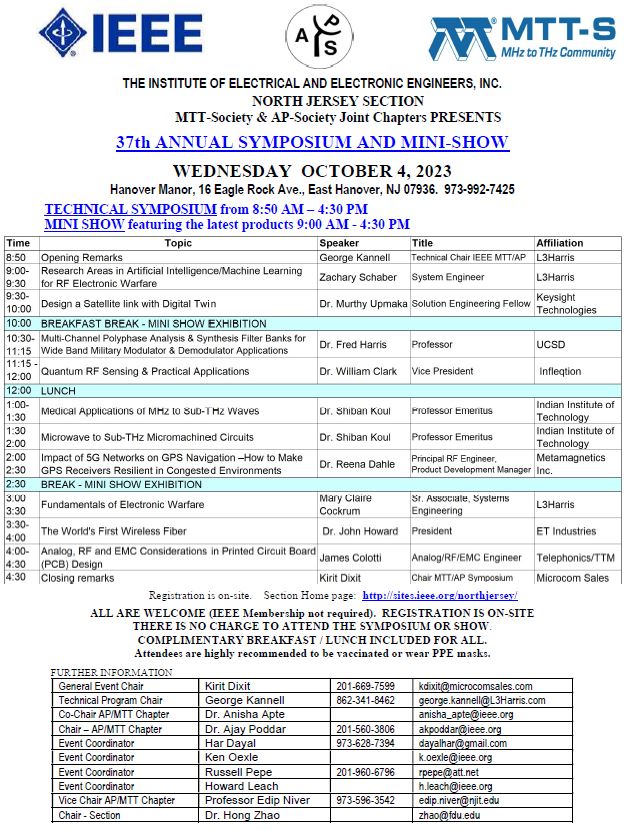Research Areas in Artificial Intelligence/Machine Learning for RF Electronic Warfare

With each passing year, the field of AI/ML achieves greater maturity and popularity across many industries interested in applied solutions to a myriad of problems. Within the realm of electronic warfare and RF technologies, a movement towards software-defined RF threat emitters of increasingly complex agile waveforms has driven electronic support and electronic attack developers to explore more agile solutions to
characterize, jam, and communicate waveforms—all while seeking more effectively manage RF resources available. AI/ML is the focal point of many explorations into such capabilities due to its flexibility and power as a solution. As the barrier for entry lowers for AI/ML applications, the importance of understanding such technology will gain significant value. Those able to utilize the technological advancements will quickly
outpace those unable to leverage the convenience and comparatively low cost of relying on such solutions. As such, it is in the best interest of all entities to develop a baseline understanding of capabilities, along with the ways that prominent modern developments within AI/ML may be leveraged in the future. Data curation, data management, and synthetic data usage are all cornerstones of establishing a solid informational
basis for further development and properly trained models. These models can achieve impressive accuracy and agility in detecting, identifying, and classifying signals in both DoD and commercial applications. Necessary to the utilization of data is establishing infrastructure to support collection, processing, and storage, which are functions that require proper hardware configuration or “technology enablers.” As software and
hardware capabilities progress at different rates, AI/ML can be utilized effectively in the intelligent management of current on-board RF resources. Utilizing a technological ecosystem conducive to AI/ML development, an entity will require a robust pipeline for testing and training AI/ML models to solve identified problems best. With all groundwork established, the creation and utilization of well-trained AI/ML models and useful algorithms, with a particular focus on generative AI solutions, will culminate in novel and highly scalable solutions to interest areas ranging from radar detection to interference mitigation to new capabilities in beamforming. This paper will explore AI/ML capabilities and associated enablers to suggest future research areas within the field.
Date and Time
Location
Hosts
Registration
-
 Add Event to Calendar
Add Event to Calendar
Speakers
Zachary Schaber of L3Harris
Research Areas in Artificial Intelligence/Machine Learning for RF Electronic Warfare
Biography:
Zachary Schaber is a Senior Associate Systems Engineer for Space and Airborne Systems, contributing to next-generation EW research and development at L3Harris Technologies. His work currently explores cutting-edge AI/ML technology, system integration, modeling & simulation. Previously, Mr. Schaber researched DoD Systems Engineering Modernization in conjunction with the Systems Engineering Research Center. Zachary Schaber attended Stevens Institute of Technology, obtaining a Bachelor’s in Computer Engineering and a Master’s in Systems Engineering. zach.schaber@L3Harris.com
Address:New Jersey, United States

